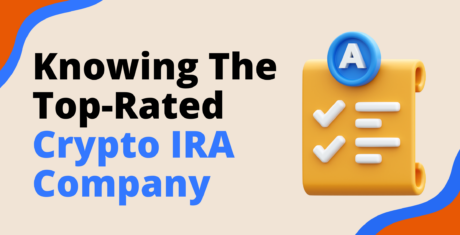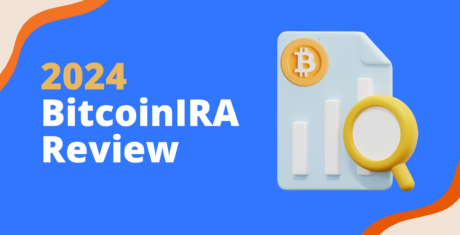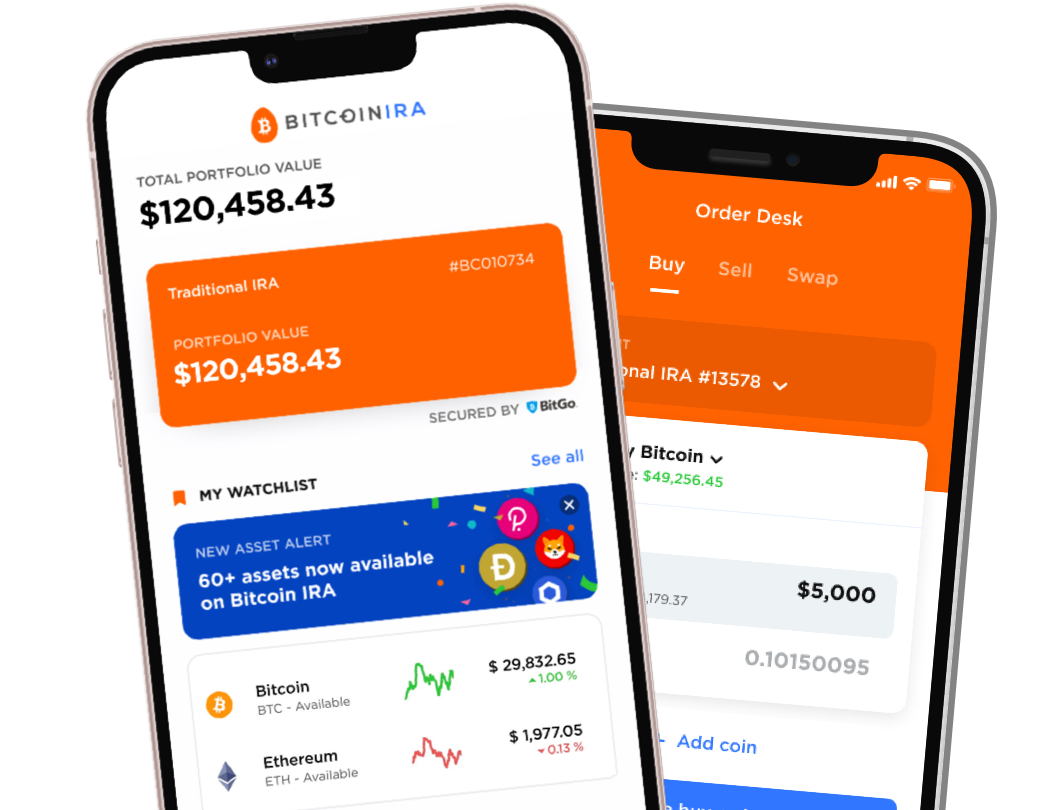Can you invest in crypto with a 401K?
The IRS has stated that “a cryptocurrency is an example of a convertible virtual currency that can be used as payment for goods and services, digitally traded between users, and exchanged for or into real currencies or digital assets.” However it’s crucial to clarify a common misconception. Although some may assume that because Bitcoin can be exchanged for dollars or other currencies, it could serve as a replacement for traditional currency when funding retirement accounts like IRAs or 401K, this isn’t accurate according to IRS guidelines. The IRS clearly specifies that contributions to retirement accounts must strictly be in the form of money, encompassing cash, checks, or money orders, as outlined in Publication 590-A. Property, including cryptocurrencies, cannot be contributed.
This distinction is important because the IRS categorizes Bitcoin as “property” for Federal Tax purposes. Consequently, comprehending cryptocurrencies as property sheds light on the process of integrating them into a 401K. Essentially, to include cryptocurrencies in your 401K, you must approach them as any other permitted form of property. The reason you can utilize a retirement account to invest in crypto lies in the fact that cryptocurrency is not on the list of prohibited investments.
In essence, this means that to invest in Bitcoin or any other cryptocurrency with a 401K, you need to establish or possess a 401K funded with traditional forms of money. From there, you can initiate your cryptocurrency investments within the framework of your 401K.
Hence, the straightforward answer to whether you can invest in crypto with a 401K is a resounding yes, accompanied by a recognition of the attractive benefits it presents for your investment portfolio.
This prompts a new question; should you consider using your IRA or 401K to invest in Bitcoin? As Bitcoin gains greater acceptance for personal and business transactions across the globe, its value stands to grow.
The value of a Traditional IRA, a Bitcoin Roth IRA, or a 401K invested in Bitcoin stands to grow accordingly. A notable benefit of investing in Bitcoin is that it is a non-correlated asset. In other words, Bitcoin´s value is not tied to the economic forces that affect more traditional assets. As more consumers and investors embrace Bitcoin globally, its growing value won’t be compromised by a bearish stock market, falling oil prices, or a weakening dollar.
Key Distinctions Between a 401K, a Roth IRA, and a Traditional IRA
The main difference between a 401K, a Roth IRA, and a Traditional IRA are tax treatment, investment options, and possible employer contributions. Here are some specifics attributes for each type of retirement plan:
1. A 401K is an employer-sponsored salary deferral plan. The employee allocates a portion of each paycheck to their plan. These contributions typically occur before income taxes are deducted. As of 2023, the limit for annual 401K contributions is $22,500 for those under age 50. Ages 50 and older can contribute an additional $7,500 per year.
2. A Roth IRA is typically set up directly between an individual and a custodian; the individual’s employer is not involved. Unlike the 401K, after-tax money is used to fund a Roth IRA. Also, contributions are much smaller than they are for a 401K. In 2023, the annual maximum contribution is $6,500 for those under the age of 50, while those age 50 and up can contribute an additional $1,000 for a total of $7,500 per year.
3. In most cases, Traditional IRAs are tax-deductible. As of 2023, annual contributions to Traditional IRAs cannot exceed more than $6,500, or $7,500 if you are 50 or older.
Transferring a 401K, Roth IRA, or Traditional IRA into a Bitcoin IRA
The process for converting a 401K, Roth IRA, or a Traditional IRA into a Bitcoin IRA requires moving funds from your retirement account into a self-directed IRA. Working with BitcoinIRA1, we assist you with the whole process. Here are the steps:
1. Complete your application for a new BitcoinIRA account to get started.
2. Transfer or rollover your IRA or 401K funds: We request a transfer or rollover from your old retirement account into your Bitcoin IRA once your account has been set up.
3. Buy your Bitcoins: Once your account is funded you can purchase digital currencies on our secure platform
1. Bitcoin IRA is a platform that connects consumers to qualified custodians, digital wallets and cryptocurrency exchanges. The company is not a custodian, is not a digital wallet and is not an exchange. The information provided in this article is for educational purposes only. We encourage you to consult an adviser or professional to determine whether Bitcoin IRA makes sense for you.
2. We strongly recommend that you consult your qualified tax advisor before making any changes to your retirement account.






 3,500+ 5-Star Reviews
3,500+ 5-Star Reviews